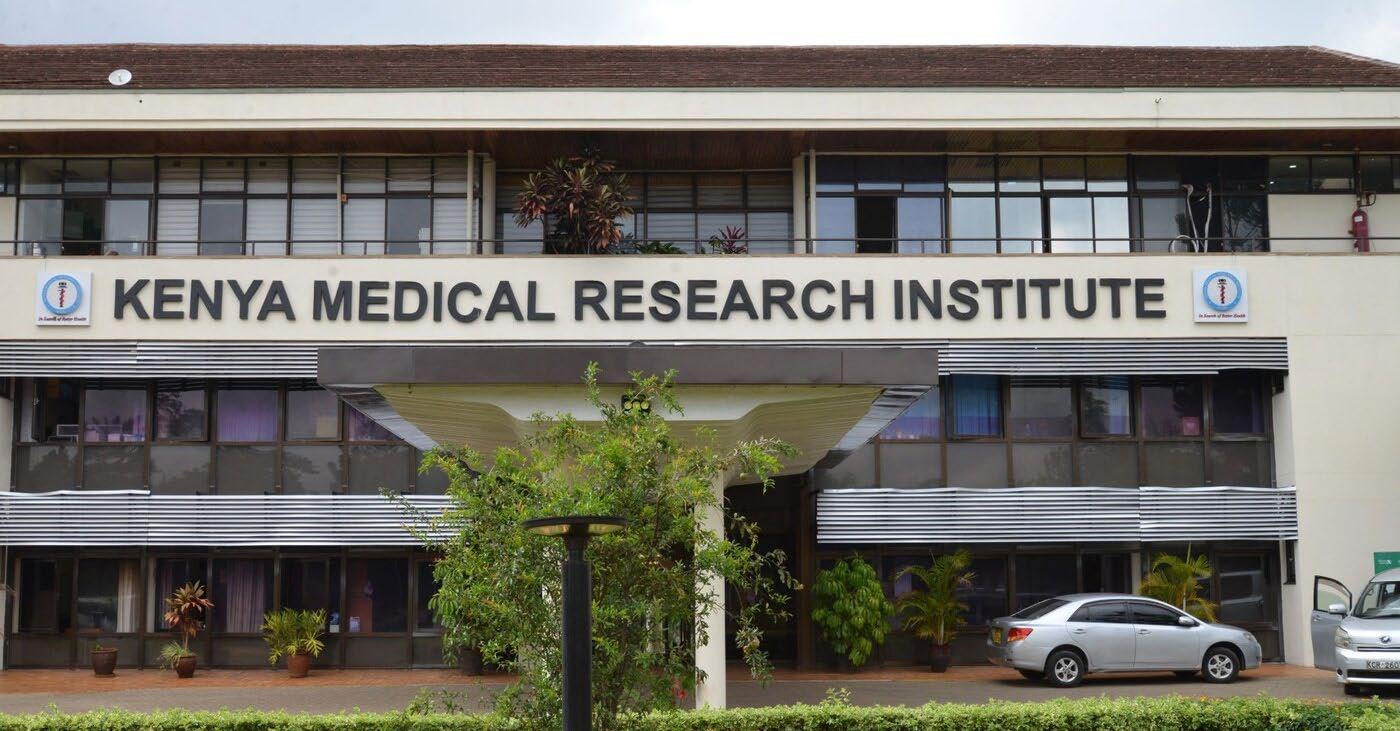
3 minute read
Boost local pharma investments by imposing stricter human drugs import controls
By James Kariuki: jkariuki@apn.co.ke
Kenya Medical Research Institute (KEMRI) has called for stricter drug importation controls to create a ready market for locally manufactured medical products
KEMRI’s Acting Director General Prof Elijah Songok said this was a major lifeline for local human medicine makers who will have to increase production to meet the local and regional demand for the said products
The reality is that eight per cent of the medical products are imported to fulfil the existing local demand. It is upon KEMRI to forge partnerships with local drug manufacturers that will drive new pharmaceutical innovations thereby making Kenya self-reliant
PROF. ELIJAH SONGOK, Acting Director General
“The reality is that eight per cent of the medical products are imported to fulfil the existing local demand upon KEMRI to forge partnerships with local drug manufacturers that will drive new pharmaceutical innovations thereby making Kenya self-reliant,” he said
Prof Songok, in a statement issued at the Mombasa ASK Show, added that the ban will also enable Kenya to enhance its internal capacities in human drugs manufacturing enabling it to withstand shocks of disruptions of global supply chains and foreign exchange
“When you have the issue of supply chain breakdown, like we saw during the Covid-19 then the country will suffer but now when we go to local production, the products are cheaper and saves us from the issues of foreign exchange,” he added
To fast-track realisation of a total human drugs import ban, Prof Songok said the government must increase funding to KEMRI’s Research and Development units saying they relied on foreign donations that currently stands at about 60 per cent of all funds going towards new innovations
The KEMRI director welcomed ongoing collaborations with Kenya Medical Supplies Agency (KEMSA) saying it will help the two parties actively participate in determining the drugs locally consumed in the country KEMSA is the sole drug procurement arm for all government hospitals located at national, county, sub-county, divisional and locational levels
“We are very happy that KEMSA is now working with KEMRI, and we want to see that the supply chain supports local products We need to be protected by the government because continued importation is going to hurt local innovations,” said Prof Songok
Among the major firsts by KEMRI was development of sanitisers that saved the country, diagnostic kits for malaria, HIV, and hepatitis
“Supporting our research and development activities at KEMRI would enable Kenya to take up more challenging tasks with a view to developing homegrown solutions� We are asking the government to help us in getting out these innovations and we need to relook at our priorities as sometimes up to 60 percent of all funding comes from foreign funding, which is not sustainable,” he added
Prof Songok stressed that buying locally made products was the best way to promote local research saying it made it easier for local scientists to get feedback on newly made drugs thereby helping the review and improve on development of portent products adding that this will also reduce disillusionment among researchers, innovators, and the industry
He further revealed that clinical trials for sickle cell disease are ongoing in Kilifi, Busia, Siaya, and Kisumu counties KEMRI also opened its 15 research centre, Sports Science Research Center (SSRC) in Eldoret that will specialise in sports medicine and medical research components specifically targeting Nutrition Research, Social and Mental Health Research, Clinical Health aspects as well as the provision of laboratory services


